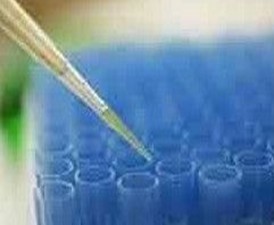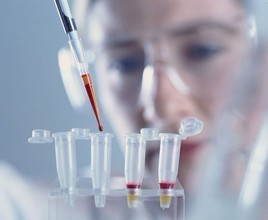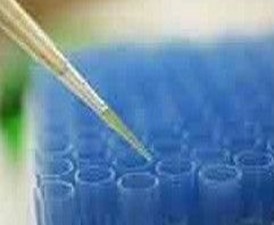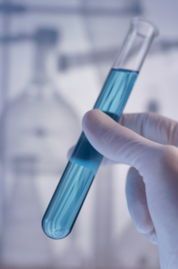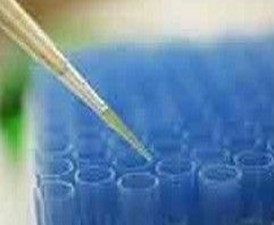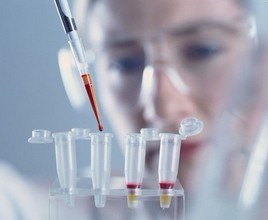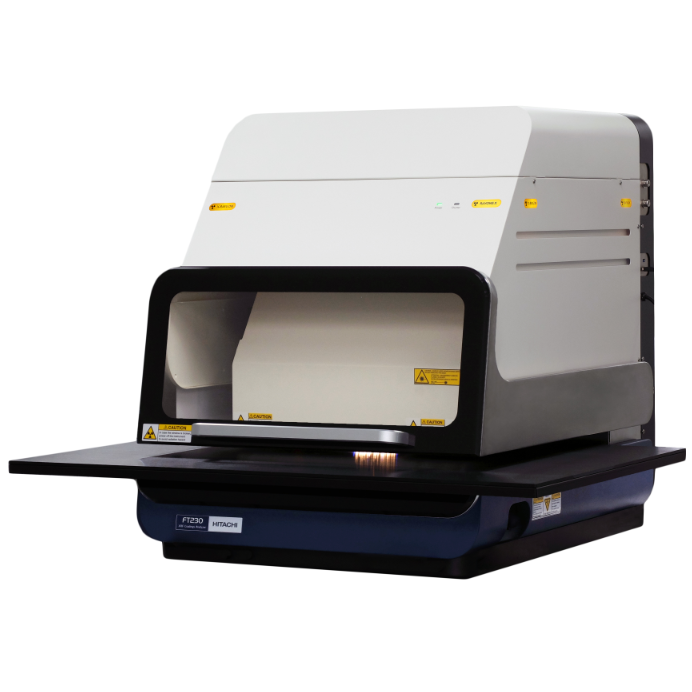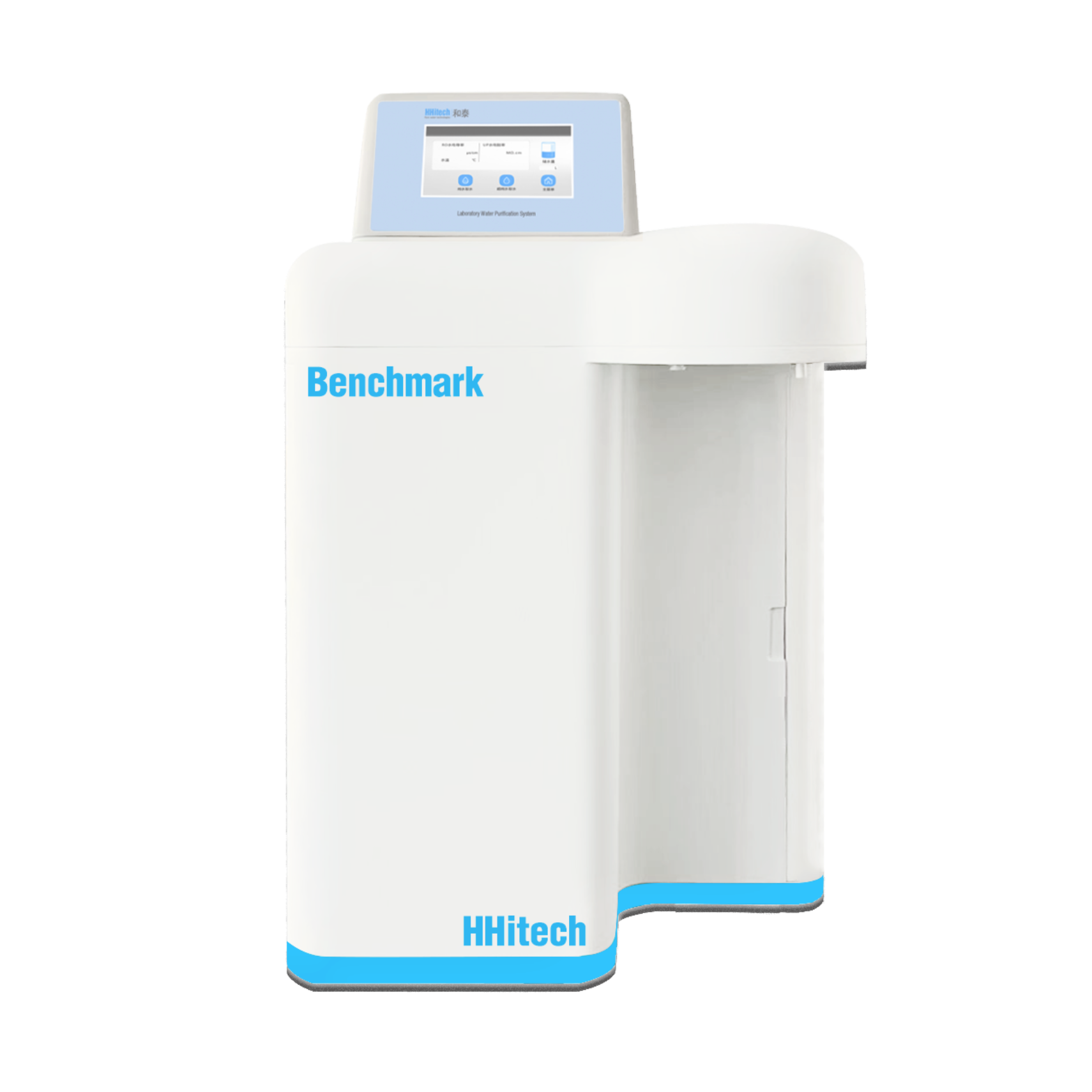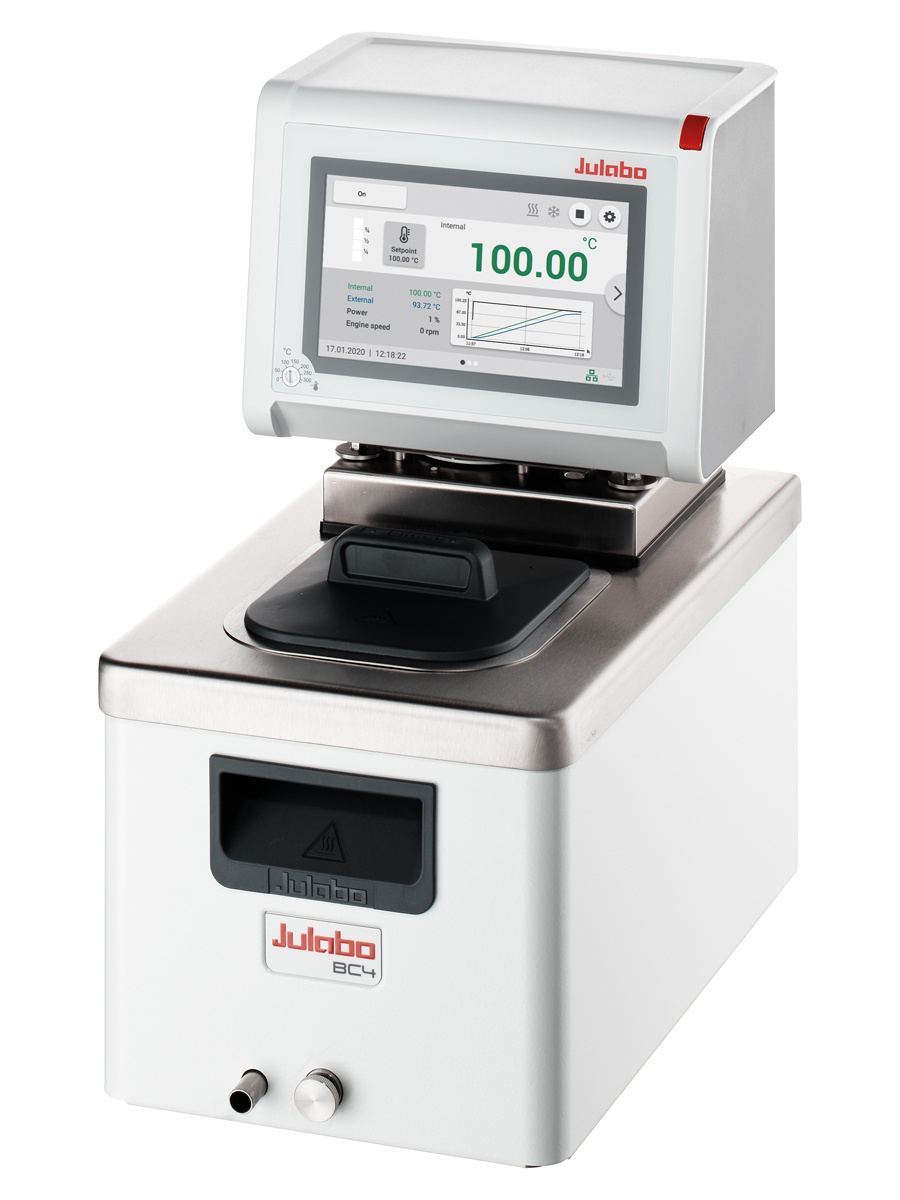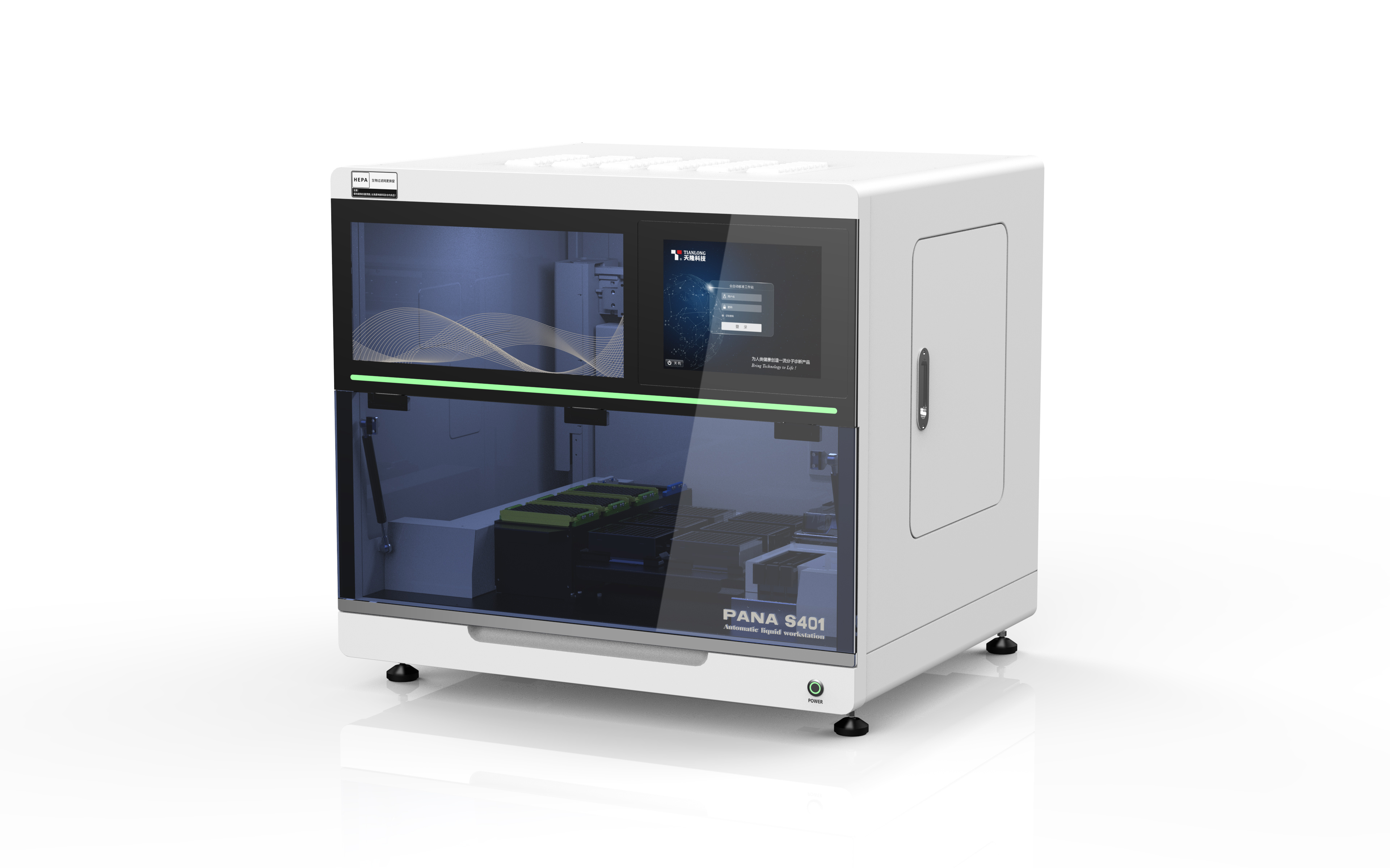我公司供应质优价美的科研产品,脯氨酰羟化酶抗体产品质量保证,提供脯氨酰羟化酶抗体技术支持,有任何质量问题可免费包退包换,欢迎来电咨询!我们将竭诚为您服务!
英文名称 Anti-PHD1/prolyl hydroxylase
中文名称 脯氨酰羟化酶抗体
别 名 Egl nine homolog 2; EGLN 2; EGLN2; EIT 6; EIT6; HIF P4H 1; HIF PH1; HIFPH1; HPH 3; HPH3; P4H1; PHD 1; PHD1; EGL nine (C.elegans) homolog 2; EGLN2_HUMAN.
浓 度 1mg/1ml
规 格 0.2ml/200μg
抗体来源 Rabbit
克隆类型 polyclonal
交叉反应 Human, Mouse, Rat, Cow, Sheep
产品类型 一抗
研究领域 肿瘤 心血管 细胞生物 免疫学 染色质和核信号
蛋白分子量 predicted molecular weight: 44kDa
性 状 Lyophilized or Liquid
脯氨酰羟化酶抗体的功能抗体的主要功能是与抗原(包括外来的和自身的)相结合,从而有效地清除侵入机体内的微生物、寄生虫等异物,抗体(antibody)是一种应答抗原产生的、可与抗原特异性结合的蛋白质。每种抗体与特定的抗原决定基结合。这种结合可以使抗原失活,也可能无效但有时也会对机体造成病理性损害,如抗核抗体、抗双链DNA抗体、抗甲状腺球蛋白抗体等一些自身抗体的产生,对人体可造成危害。
免 疫 原 KLH conjugated synthetic peptide derived from human PHD1/prolyl hydroxylase
亚 型 IgG
纯化方法 affinity purified by Protein A
储 存 液 0.01M PBS, pH 7.4 with 10 mg/ml BSA and 0.1% Sodium azide
产品应用 WB=1:100-500 ELISA=1:500-1000 IP=1:20-100 IHC-P=1:100-500 IHC-F=1:100-500 IF=1:100-500
(石蜡切片需做抗原修复)
not yet tested in other applications.
optimal dilutions/concentrations should be determined by the end user.
保存条件 Store at -20 °C for one year. Avoid repeated freeze/thaw cycles. The lyophilized antibody is stable at room temperature for at least one month and for greater than a year when kept at -20°C. When reconstituted in sterile pH 7.4 0.01M PBS or diluent of antibody the antibody is stable for at least two weeks at 2-4 °C.
Important Note This product as supplied is intended for research use only, not for use in human, therapeutic or diagnostic applications.
产品介绍 PHD1 catalyzes the posttranslational formation of 4-hydroxyproline in hypoxia-inducible factor (HIF) alpha proteins and hydroxylates HIF-1 alpha at Pro-402 and Pro-564, and HIF-2 alpha. It functions as a cellular oxygen sensor and, under normoxic conditions, targets HIF through the hydroxylation for proteasomal degradation via the von Hippel-Lindau ubiquitylation complex. It may play a role in cell growth regulation.
Function : Cellular oxygen sensor that catalyzes, under normoxic conditions, the post-translational formation of 4-hydroxyproline in hypoxia-inducible factor (HIF) alpha proteins. Hydroxylates a specific proline found in each of the oxygen-dependent degradation (ODD) domains (N-terminal, NODD, and C-terminal, CODD) of HIF1A. Also hydroxylates HIF2A. Has a preference for the CODD site for both HIF1A and HIF2A. Hydroxylated HIFs are then targeted for proteasomal degradation via the von Hippel-Lindau ubiquitination complex. Under hypoxic conditions, the hydroxylation reaction is attenuated allowing HIFs to escape degradation resulting in their translocation to the nucleus, heterodimerization with HIF1B, and increased expression of hypoxy-inducible genes. EGLN2 is involved in regulating hypoxia tolerance and apoptosis in cardiac and skeletal muscle. Also regulates susceptibility to normoxic oxidative neuronal death. [CATALYTIC ACTIVITY] Hypoxia-inducible factor-L-proline + 2-oxoglutarate + O(2) = hypoxia-inducible factor-trans-4-hydroxy-L-proline + succinate + CO(2).
Subunit : Monomer. Interacts with ING4; the interaction inhibits the hydroxylation of HIFs. Interacts with LIMD1. Found in a complex composed of LIMD1, VHL, EGLN1/PHD2, TCEB2 AND CUL2. Interacts with EPAS1.
Subcellular Location : Cytoplasm. Nucleus.
Tissue Specificity : According to PubMed:11056053, widely expressed with highest levels in skeletal muscle and heart, moderate levels in pancreas, brain (dopaminergic neurons of adult and fetal substantia nigra) and kidney, and lower levels in lung and liver. According to PubMed:12351678 widely expressed with highest levels in brain, kidney and adrenal gland. Expressed in cardiac myocytes, aortic endothelial cells and coronary artery smooth muscle. According to PubMed:12788921; expressed in adult and fetal heart, brain, liver, lung, skeletal muscle and kidney. Also expressed in placenta. Highest levels in adult heart, brain, lung and liver and fetal brain, heart spleen and skeletal muscle.
脯氨酰羟化酶抗体Similarity : Contains 1 Fe2OG dioxygenase domain.
Contains 1 MYND-type zinc finger.
Database links : UniProtKB/Swiss-Prot: Q96KS0.1
![]()



